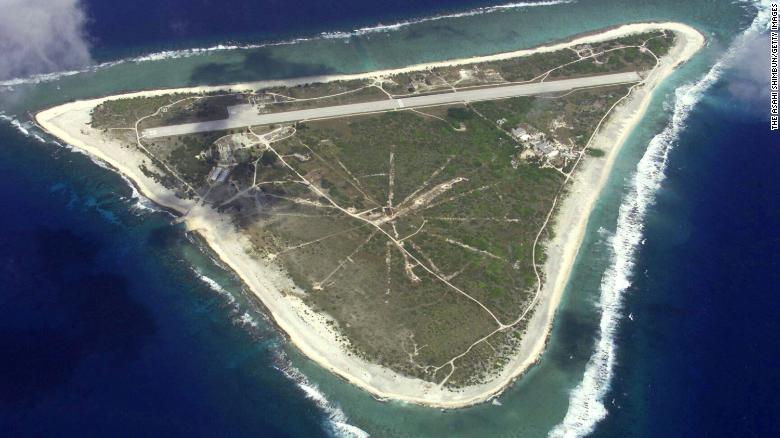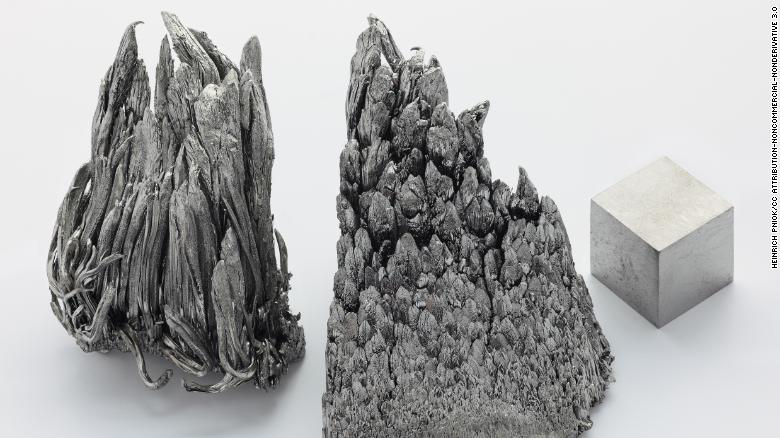begin quote from:
Mud in this small Japanese island could change the global economy

Minamitorishima Island
(CNN)A small island in the Pacific Ocean is the site of a huge discovery that could change Japan's economic future. How huge? One economist called it a "game changer." The researchers who helped find it said it had "tremendous potential."
It's mud. A whole bunch of mud -- an estimated 16 million tons, to be exact. And in that mud, there are massive, "semi-infinite" stores of valuable rare earth minerals.
Rare earth minerals contain rare earth elements (located here on the periodic table) that are used in high-tech devices like smartphones, missile systems, radar devices and hybrid vehicles. For instance, yttrium, one of the metals included in this recent discovery, can be used to makecamera lenses, superconductors and cell phone screens.
According to a new paper published by a team of Japanese researchers, this huge patch of mineral-rich deep sea mud lies near Minamitori Island, a small island 1,200 kilometers (790 miles) off the coast of Japan.
The 16 million tons of materials could contain 780 years worth of yttrium, 620 years worth of europium, 420 years worth of terbium, and 730 years worth of dysprosium. In other words, according to the paper, it "has the potential to supply these materials on a semi-infinite basis to the world."
That alone is a pretty big deal, but it becomes even more significant given the current supply and demand of rare earth metals.
According to the US Geological Survey, while the minerals are relatively abundant, they have "much less tendency to become concentrated in exploitable ore deposits," making a find of this scale even more important.
"Most of the world's supply of (rare earth elements) comes from only a handful of sources," a USGS report said, adding the long-term shortage or unavailability of the substances "would force significant changes in many technological aspects of American society."

Yttrium, a rare earth element, is used in the production of LEDs and superconductors.
China currently holds a tight grip on the rare earth minerals -- controlling about 95% of global rare earths production as of 2015. Because of this, Japan and other countries rely on China to set prices and availability.
However, Japan has complete economic control over the new supply, and the study said all indications are the new resource "could be exploited in the near future."
Even though Minamitori Island is more than a thousand miles away from the Japanese capital, it is still technically a part of Tokyo, in the village of Ogasawara, and falls within Japan's economic borders.



No comments:
Post a Comment